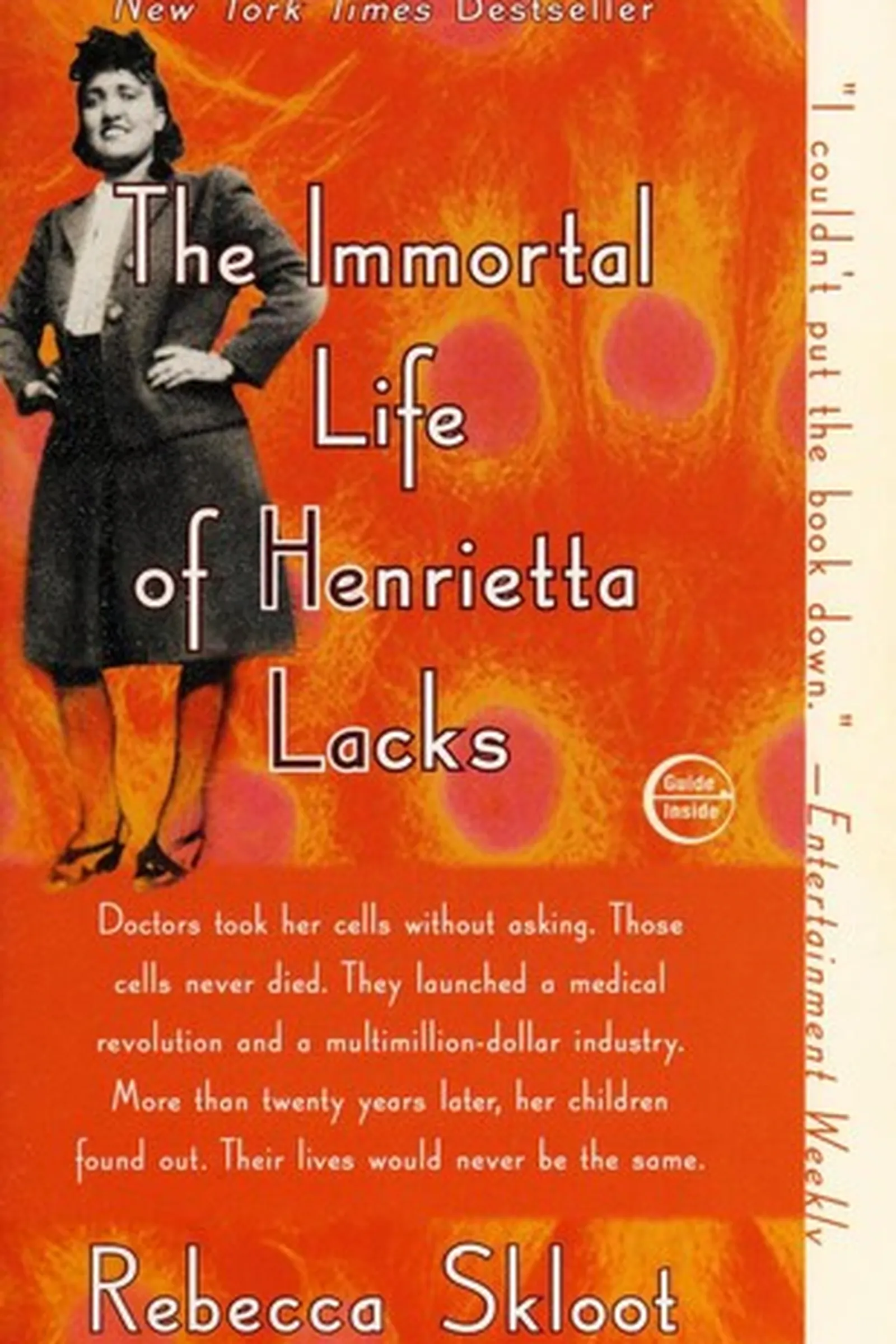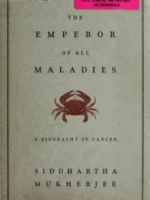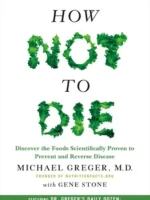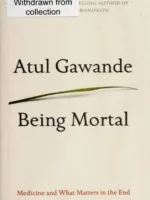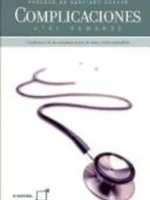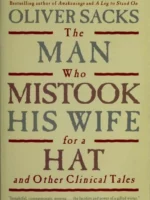The Immortal Life of Henrietta Lacks, Rebecca Skloot, 2010
- Author: Rebecca Skloot
- Genre: BioMedicine
- Publisher: Crown Publishing Group
- Publication Year: 2009
- Pages: 381
- Format: Paperback
- Language: English
- ISBN: 978-1400052189
- Rating: 4,2 ★★★★☆
The Immortal Life of Henrietta Lacks Review
The Immortal Life of Henrietta Lacks by Rebecca Skloot is narrative nonfiction about a woman whose cells changed medicine. Published in 2010, it follows the story of HeLa: the first immortal human cell line, taken from Henrietta without her knowledge in 1951. For you, this book offers science with a human center: discovery, inequity, and a family learning what was taken and what was made from it.
Overview
Skloot braids three threads: Henrietta’s brief life, the rise of cell culture and biotech, and the Lacks family’s search for understanding and respect. You will notice how lab milestones sit beside kitchen table questions. The book explains without jargon and keeps the stakes personal: who benefits, who consents, who gets paid, who gets left out.
Summary
Henrietta Lacks, a Black mother of five, is treated for cervical cancer at Johns Hopkins. Her tumor cells are taken and become HeLa, fueling breakthroughs from polio vaccines to gene mapping. Decades later, her children learn about HeLa and confront a medical system that used their mother’s tissue while they could not afford care. Skloot earns their trust, and the family’s voices reshape the history. The closing chapters balance gratitude for HeLa’s impact with hard truths about consent and compensation.
Author
Rebecca Skloot writes with curiosity, persistence, and care. She translates complex biology clearly and gives the Lacks family room to speak in their own cadence. You benefit from reporting that respects both data and dignity.
Key Themes
You will explore consent and ownership of body tissue. You will see race and class shaping access to care. You will consider science as public good and private business. You will meet legacy as something a family must carry and define.
Strengths and Weaknesses
Strengths: lucid science, strong storytelling, ethical clarity. Weaknesses: the breadth of topics can feel crowded in places. Overall: essential reading for understanding modern medicine’s miracles and debts.
Target Audience
Best for readers of narrative nonfiction, students of bioethics, and anyone who wants the story behind everyday medical advances.
Favorite Quotes
Short lines land: cells travel farther than names, consent matters, science remembers and forgets.
Takeaways
For you, the takeaway is that progress needs rules and respect. Celebrate discovery, document consent, and keep families in the story.
| pa_author | Rebecca Skloot |
|---|---|
| ISBN | 978-4-893-83975-1 |
| pa_year | 1982 |
| Pages | 493 |
| Language | English |
